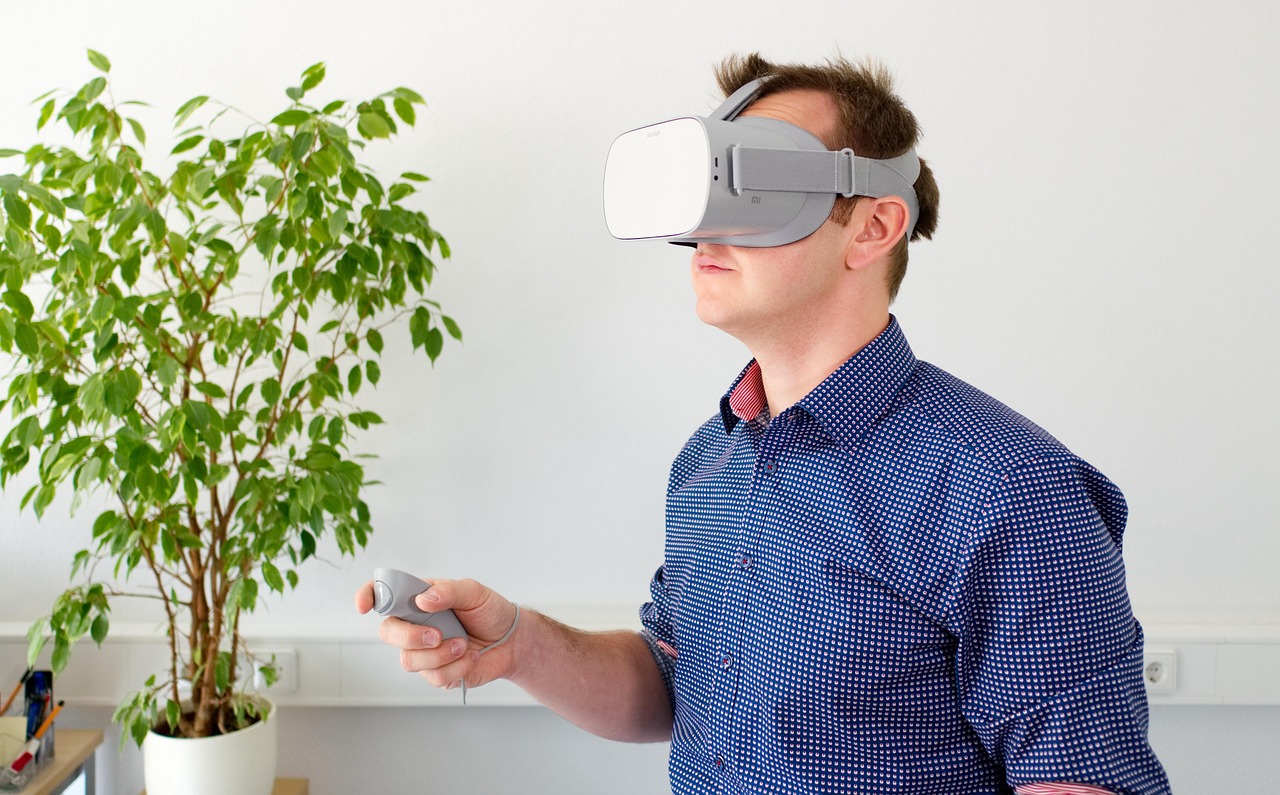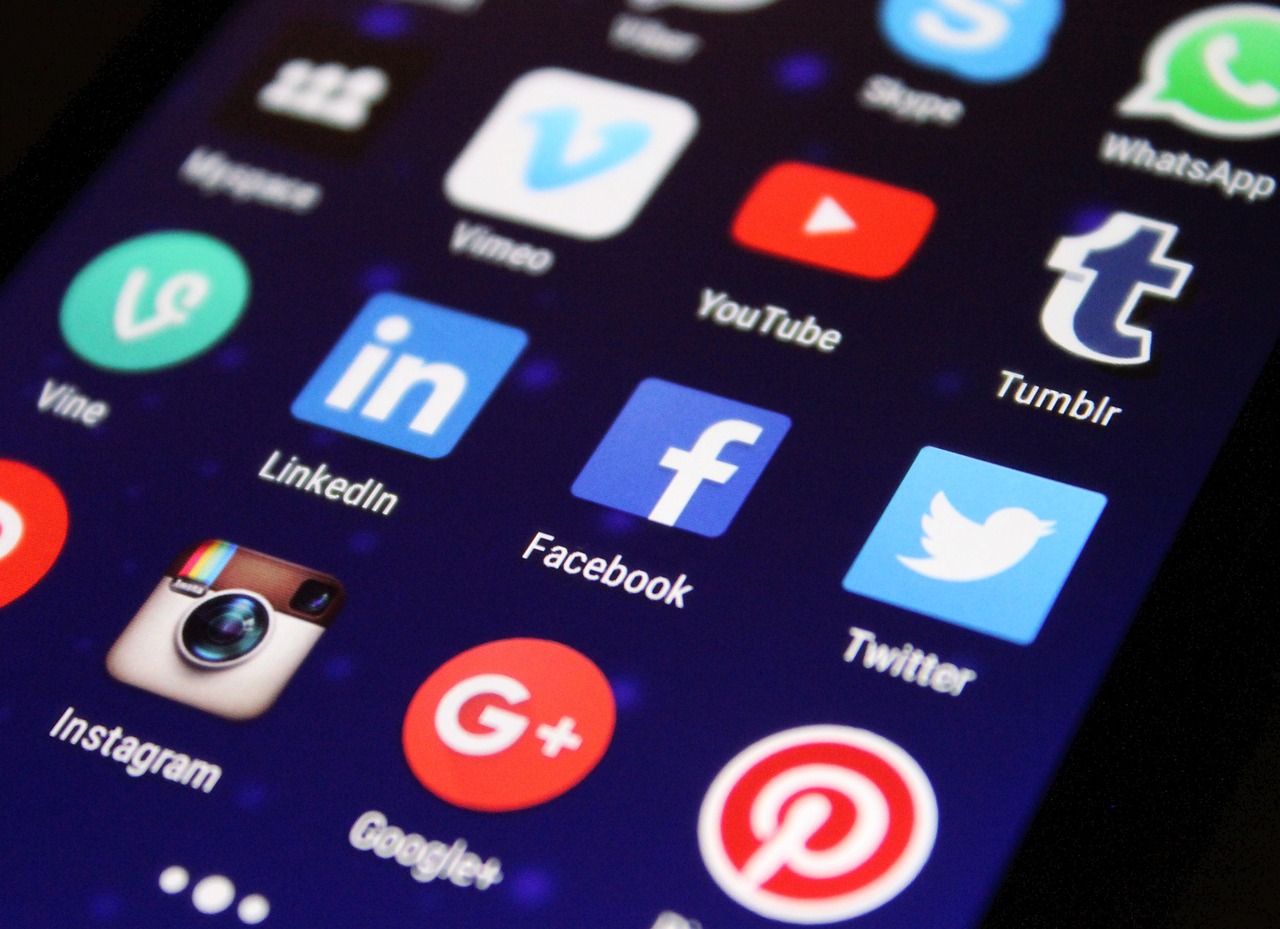Meta’s AI Glasses: Taking Augmented Reality and AI Mainstream
From live translation to health tracking, Meta’s latest smart glasses aim to redefine how we see the world.
When Meta first introduced smart glasses in collaboration with Ray-Ban a few years ago, the concept felt futuristic but limited. They could record short videos, play music, and answer voice commands, but their adoption remained niche. Fast forward to 2025, and Meta has officially launched the first truly AI-powered smart glasses for the masses.
At their Connect conference this week, CEO Mark Zuckerberg called the new product “the most natural way to access AI in your daily life.” With a blend of augmented reality (AR), artificial intelligence (AI), and sleek design, Meta’s AI Glasses are being hailed as the breakthrough that could finally push wearable tech into the mainstream.
From Niche Gadget to Everyday Essential
Smart glasses have struggled to find their place in consumer technology. Google Glass failed due to privacy concerns and limited utility, while earlier AR devices were too bulky and expensive. Meta believes it has cracked the code by focusing on practical, everyday use cases while keeping the design light, fashionable, and affordable.
Unlike clunky headsets, Meta’s AI Glasses look almost identical to regular eyewear. This subtlety matters—people are more willing to adopt technology that doesn’t scream “sci-fi gadget.” Priced starting at $399, they are positioned not as a luxury device but as a practical tool for students, professionals, and everyday users.
AI at the Core
What makes these glasses different from anything before is their deep integration of generative AI. Instead of just voice assistants, the glasses include an AI companion that can see, hear, and understand the world around you.
For example, you can look at a foreign menu, and the glasses instantly translate the text in your native language, projected seamlessly into your field of view. You can ask the AI, “What’s the healthiest option here?” and get a tailored recommendation.
The glasses also feature real-time object recognition. Point your gaze at a landmark, and the AI provides historical facts. Look at a product in a store, and it suggests reviews, pricing, or alternatives online. This fusion of vision and intelligence turns the glasses into a constant, context-aware assistant.
Real-Time Translation and Communication
One of the most praised features is live translation during conversations. Imagine talking to someone who speaks an entirely different language, and as they speak, subtitles appear in your field of view in real time.
This could revolutionize travel, international business, and even personal relationships. Zuckerberg described it as “breaking down the final barrier between human communication.”
Health and Lifestyle Tracking
Meta is also leaning into wellness with AI-driven health tracking. By integrating biometric sensors into the frame, the glasses can monitor heart rate, stress levels, and even detect early signs of fatigue. When paired with Meta’s fitness app, users receive personalized health recommendations throughout the day.
Instead of checking a watch or phone, the glasses subtly provide cues in your vision—such as reminders to take a break, hydrate, or stretch. This hands-free, always-on health assistant could be especially appealing for professionals and athletes.
Entertainment and Creativity
Meta’s AI Glasses are not all about productivity. The company has designed them as a platform for entertainment and creativity. Users can capture photos and videos from a first-person perspective, enhanced by AI stabilization and editing tools.
Gamers will find immersive AR features, with interactive overlays that turn the world around them into a playground. For creators, the glasses can generate AI-assisted captions, translations, and storyboards in real time, making content production faster and more accessible.
Privacy Concerns Remain
Of course, wearable cameras and AI assistants raise serious privacy questions. Meta has added visible recording indicators—small LED lights that signal when the camera is active—and built-in safeguards to prevent unauthorized surveillance.
Still, critics argue that the glasses could normalize constant recording, making public spaces feel less private. Meta insists that privacy has been prioritized with on-device processing for sensitive data and strict encryption standards. But as with all new tech, the debate is far from over.
Competition in the Wearable AI Race
Meta is not alone in targeting this emerging market. Apple’s Vision Pro headset, while more advanced in mixed reality, is priced out of reach for everyday consumers. Google is rumored to be working on a new generation of AR glasses, while smaller startups are experimenting with niche designs.
Meta’s advantage lies in its ecosystem and scale. With billions of users on Facebook, Instagram, and WhatsApp, the company can integrate its glasses into existing platforms, making adoption smoother. Imagine live-streaming directly from your glasses to Instagram or getting AI-generated captions for WhatsApp video calls.
The Road Ahead
Zuckerberg made it clear that Meta sees AI glasses as a gateway to the metaverse. While fully immersive VR headsets may remain a niche for gamers and professionals, lightweight glasses could become the everyday entry point for augmented reality.
Over the next few years, Meta plans to expand features such as AR shopping, educational tools, and workplace collaboration. Analysts predict that if adoption takes off, AI glasses could eventually replace smartphones as the primary personal device.
Final Thoughts
With the launch of its AI Glasses, Meta has taken a bold step toward merging the digital and physical worlds. By combining practical AI features, sleek design, and affordability, the company is betting that this will be the breakthrough moment for wearable technology.
Whether the public embraces them remains to be seen. But one thing is certain: the launch of Meta’s AI Glasses signals that the future of computing is moving from our pockets to our eyes.
.png)
Dhisana
Author
Appreciate the small moments in life, because one day, you might look back and see they were actually the most meaningful. Many of life's setbacks come from those who didn’t realize how near they were to success when they gave up.

![PMP Exam Questions and Answers [2025]: Practice with Realistic Scenarios and Expert Explanations](https://edutechnolab.com/components/storage/app/public/photos/1/2/PMP P1.png)
![PL-300 Exam Questions and Answers [2025 Edition]](https://edutechnolab.com/components/storage/app/public/photos/1/2/Power P1.png)


















.png)






